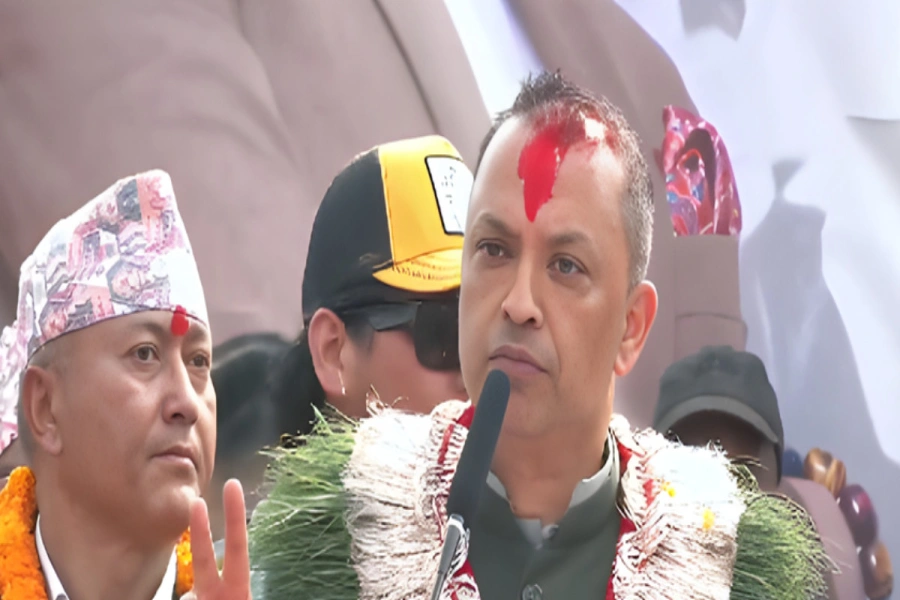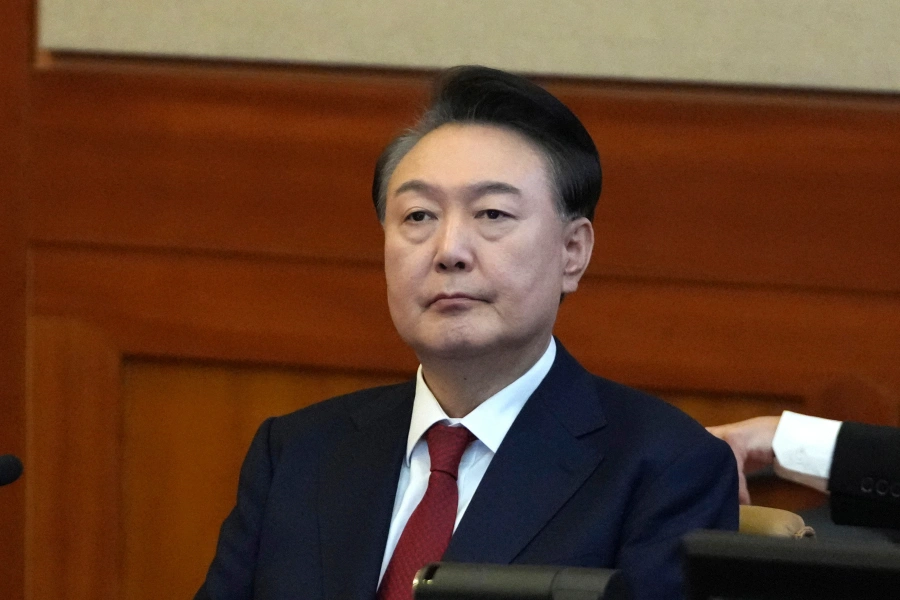The government's proposal to amend the Prevention of Corruption Act, 2002, by setting the statute of limitation to five years for prosecuting corruption cases has raised concerns among various stakeholders, including Transparency International (TI) Nepal as well as legal and constitutional experts. While the amendment aims to make the jurisdiction of the Commission for the Investigation of Abuse of Authority (CIAA) more diverse, it is also seen as a way to give immunity to the corrupt. It is important to note that corruption is a serious crime that undermines the rule of law, democracy, and economic development. Therefore, there can never be a statute of limitation in corruption cases. The United Nations Convention on Corruption 2003 also recommends that the time limit for prosecuting corruption cases should be kept to a minimum or not at all.
Setting a five-year statute of limitation for prosecuting corruption cases can have serious implications. First, it may give immunity to those involved in big corruption cases that were put on hold due to political pressure. Second, it may also shield high-level, unprosecuted cases that have been public knowledge for years. This can further perpetuate corruption and impunity, which are detrimental to the country's development and progress. Legal experts maintain that while the government's proposal is correct according to the principles of jurisprudence, it gives more support to corruption and impunity. The proposed amendment also threatens to make good governance in the country a far-fetched dream. As a newspaper, we urge parliamentarians to seriously review the provisions of the bill and ensure that a reasonable period, if at all, is set for the time limit.
Five-year statute of limitation on corruption cases not accepta...

In fact, several constitutional experts have expressed concerns regarding the government's proposal, saying that it is unreasonable. They have maintained that while the general principle of the law allows for setting a time limit for any crime, it should be reasonable. A five-year time limit for corruption cases may make corruption more difficult to eradicate. Moreover, the constitution states that the tenure of a government will be five years. Therefore, if another government is elected by citizens' vote in the election, the period of looking at corruption protected by the previous government will be destroyed with a limit of five years. This can further create a culture of impunity and hamper the country's development. While it is necessary to remove the statute of limitation in corruption cases, it is also important to ensure that corruption cases should not be limited to bribery alone. In the amended provision, it is mentioned that even if one offers to give or agrees to take bribes, it is considered to be corruption. This provision will make it more challenging for corrupt officials to evade prosecution and will enhance the effectiveness of the CIAA in combating corruption.
Corruption is a serious crime that undermines the rule of law and the country's development. Therefore, there can never be a statute of limitation in corruption cases. The government's proposal to set a five-year time limit for prosecuting corruption cases should be reviewed carefully by parliamentarians as suggested by legal experts, constitutional experts and anti-corruption activists. A reasonable period may be set to ensure that corrupt officials are held accountable and that corruption and impunity are eradicated. This will strengthen the rule of law, promote democracy, and enhance the country's development and progress.







































